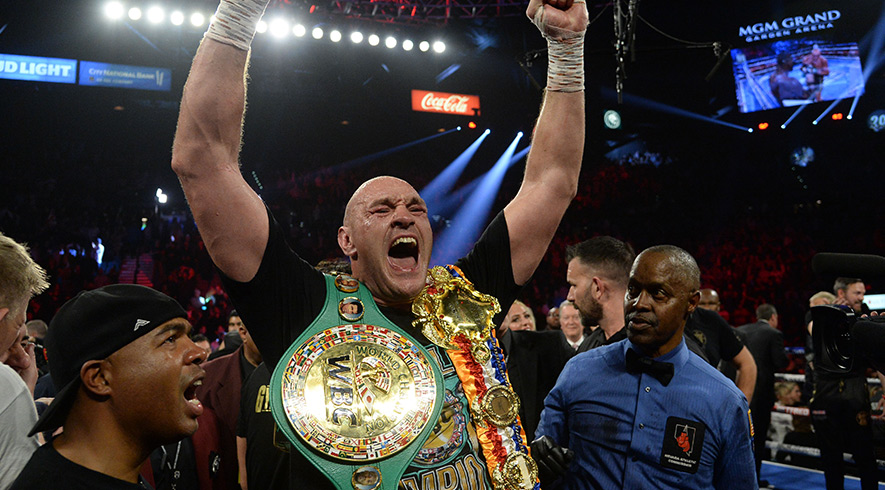By: Sean Crose
One of the big problems in today’s world is that people are way too sure of their opinions. Go on Twitter, or any other social media site, and it quickly becomes obvious that no one asks themselves if their points of view might actually be wrong. This leads to everyone thinking their opinion is the final word on a matter, while self-reflection goes completely out of style. As a writer – particularly a fight writer – it’s very hard to buck this trend. Fans, after all, tend to have their favorite promotional outlets, networks, etc. The same goes for journalists. Questioning yourself is seen as weak, while intransigence is seen as a sign of strength.

With that in mind, there are certain things that simply stand as facts. We can choose whether or not we want to believe those facts, but that doesn’t make them any less true. Which brings us to the case of Oscar Valdez. The WBC junior lightweight champ tested positive for the banned substance phentermine in both A and B samples given to VADA. Still, his September 10th bout against Robson Conceicao is still on, and the WBC is letting him hold on to his title, as well. Valdez is claiming he didn’t know he was ingesting a banned substance. Maybe he didn’t, or maybe he did. There’s no way of knowing, even though it’s really easy to judge.
The larger question, however, is this:
Does anyone in power care that Valdez took a banned substance, intentionally or not?
One might argue the judgement of authorities should not be based on the ethical decisions of the fighter, but simply on whether or not that fighter broke the rules. This is not a court of law or a theological argument. In other words, the morality of Valdez isn’t at issue here. What’s at issue is the fact the fighter may have given himself an edge by taking something he shouldn’t have. When it comes to the fight business, that’s a very serious thing, whether the powers that be accept it or not. The sport lost another athlete this past week when eighteen year old Jeanette Zacarias Zapata died from injuries received in the ring. The point? That boxing is an extremely dangerous sport and should be treated as such.
The Pascua Yaqui Tribe Athletic Commission, under whose jurisdiction the Valdez-Conceicao bout will be held, apparently doesn’t recognize VADA’s list of banned substances – at least not in it’s entirety – opting instead to recognize WADA, which doesn’t have a problem with a boxer ingesting phentermine in the leadup to a fight. Likewise, the WBC has come to the conclusion that what Valdez did isn’t all that big a deal…it gave the fighter probation rather than a firmer punishment. Plus, the WBC has made it clear it believes Valdez is a good guy.
Here’s a fact worth remembering: When inconsistency and moral judgements combine in boxing, the look is never good.







